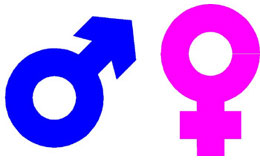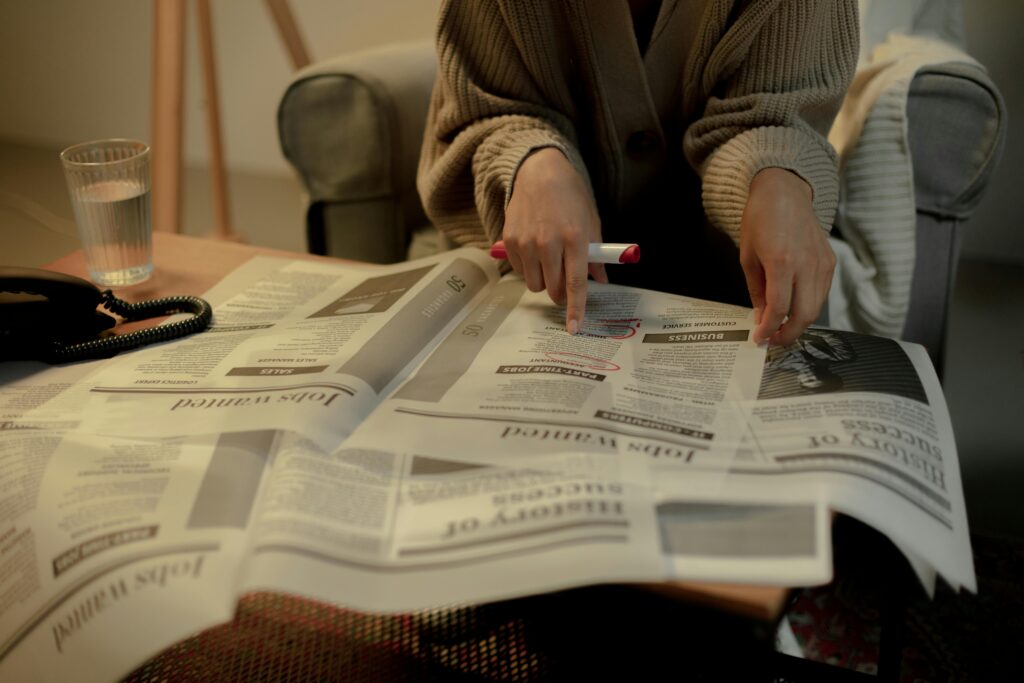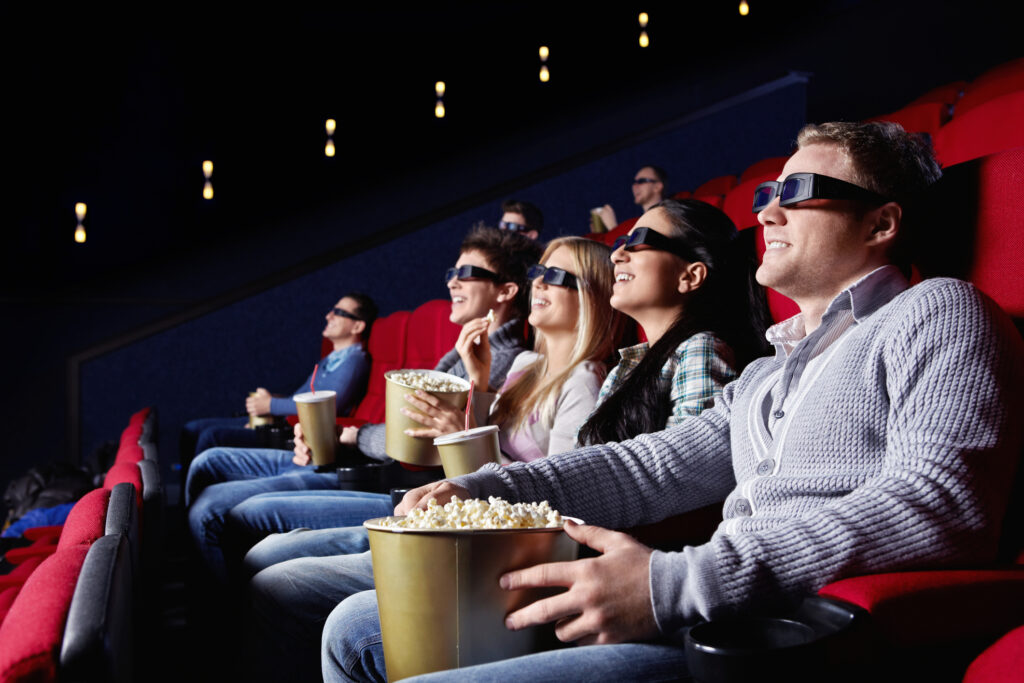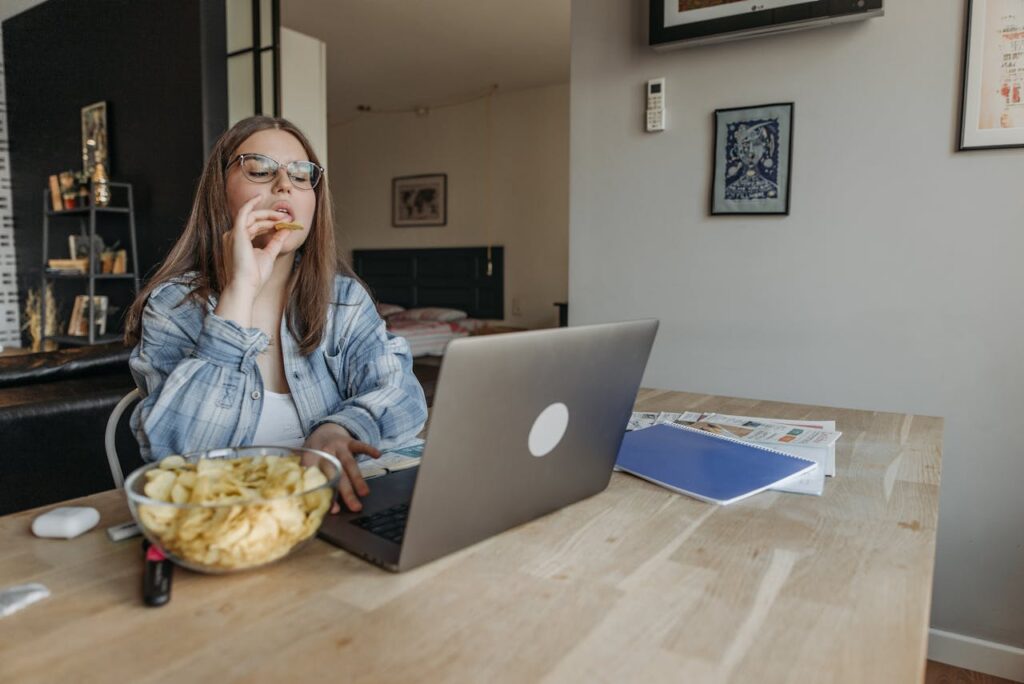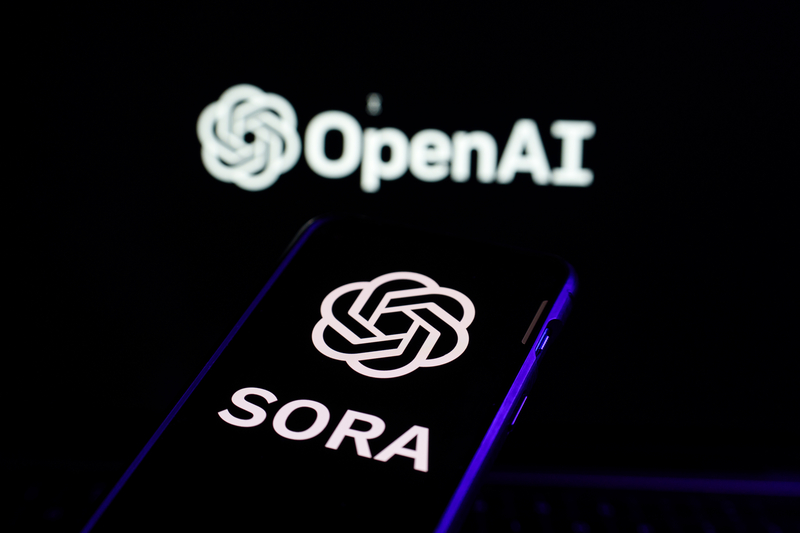
OpenAI’s upgraded Sora 2 app turns basic text prompts into detailed, high-definition videos. It’s arguably the most realistic seen today, and the proof of the fact lies in the line it blurs between creative tool and ethical conflict, prompting concerns from deepfake and copyright experts.
A Controversial Policy
Released in September this year as a “big leap forward” in AI video generation, Sora 2 rapidly became the most popular app in the Photo and Video category on the iOS App Store. It stood out from other text-to-video generative AI models for its social feed, similar to TikTok’s, where user videos can be uploaded and shared, or exported elsewhere. It also allows for the generation of celebrities’ likenesses, as well as politicians, sportspeople and other historical figures. Crucially, these figures must not be living, a restriction that didn’t stop videos featuring Stephen Hawking, Dr Martin Luther King Jr., and Princess Diana from going viral almost immediately.
It comes as no surprise that within the first week, alarm bells were raised as users began pushing beyond ethical boundaries with deepfakes that skirted the edges of copyright law. This is in large part due to the controversial policy OpenAI released their second Sora model under: copyrighted material can be used by the app unless rights holders explicitly opt out, as first reported by The Wall Street Journal.
Celebrity Pushback
Since then, several family members of the deceased celebrities and historical figures being depicted in Sora 2’s viral videos have raised complaints.
Actor Robin William’s daughter Zelda Williams said in an Instagram story: “Please, just stop sending me AI videos of Dad.
“To watch the legacies of real people be condensed down to ‘this vaguely looks and sounds like them so that’s enough’, just so other people can churn out horrible TikTok slop puppeteering them is maddening.”
The daughter of Dr King Jr., Bernice King, expressed her agreement with Williams in a post of her own, stating: “I concur concerning my father. Please stop.”
Ilyasah Shabazz, daughter to the late Malcom X told The Washington Post, “It is deeply disrespectful and hurtful to see my father’s image used in such a cavalier and insensitive manner when he dedicated his life to truth.” Videos of the civil rights activist have ranged from his likeness making crude jokes to wrestling with Dr King Jr. and other strange, typically offensive scenarios.
OpenAI’s response
In response, OpenAI has recently released a public statement, acknowledging that some of its users have generated “disrespectful depictions” of MLK Jr., and following a request from his estate, the use of his likeness has been banned from the app.
AI ethicist Olivia Gambelin told the BBC the ban was “a good step forward”, but questioned why more measures weren’t put in effect before the app’s release.
In an earlier October statement, OpenAI claimed it had in place “multiple layers of protection to prevent misuse”, and that it was in “direct dialogue with public figures and content owners to gather feedback on what controls they want”.
SEE ALSO: Brown University Joins MIT In Rejecting Trump Administration ‘Compact’


